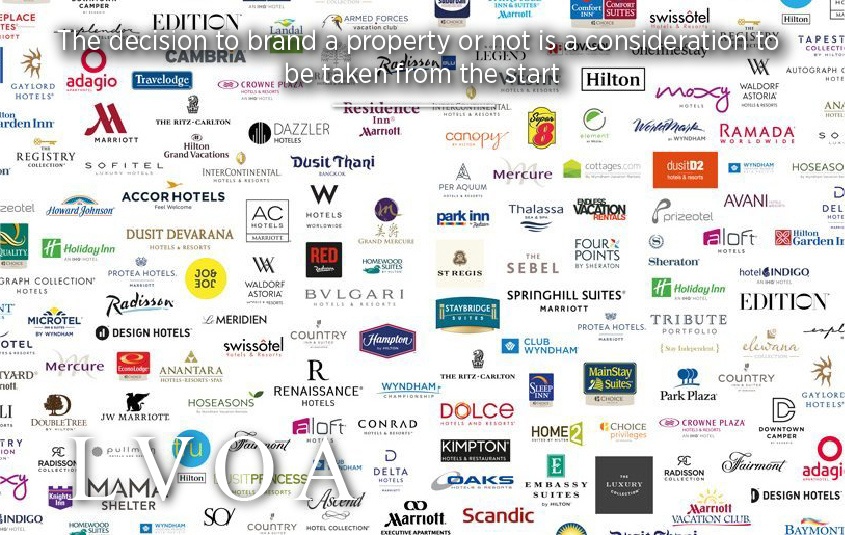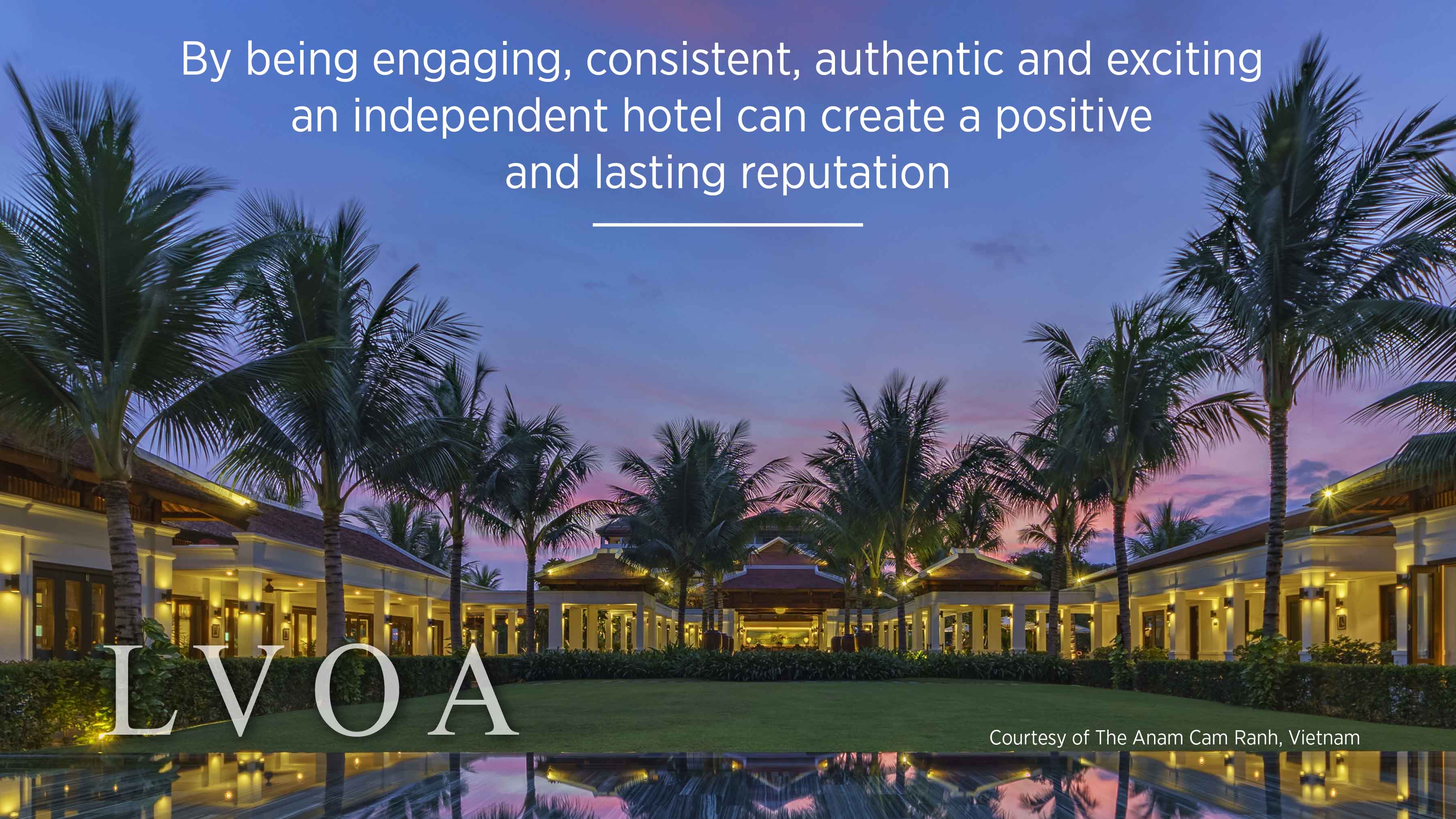The decision on whether to brand a property or to operate independently is one that hotel owners need to take into consideration right from the start as it will have a lasting impact on success.
The hotel’s brand will be a defining part of the profitability, image and value of the hotel and has a great effect on the future of the property.
Three core factors have to be taken into account as a hotel owner will have to live with the choice for possibly decades. Should the hotel be branded? If it is branded, which brand and should it only be a franchise or should the brand manage the property?
The decision to brand a hotel, the selection of the brand and manager are all interrelated and essential decisions for hotel owners and they should consider the pros and cons of brands and brand management.
There are numerous considerations to be made, based on a variety of factors including the hotel’s target audience, marketing benefits, design and operating guidelines, and costs associated with branding.
Brand standards and support

The major brands establish detailed standards which are consistent across all operations so guests are assured of receiving the level of service and amenities they desire and expect at that particular price point of the brand. Along with standards, brands provide operating manuals to reduce the number of inconsistencies and exercise quality control to help ensure that the property meets the brand standard.
Brands provide services that drive occupancy, such as reservations systems, websites, brand marketing, loyalty programmes, quality control and a stellar reputation of their food and beverage offerings. However they can be costly to establish and maintain, and the direct benefit to the property is not always apparent.
Are benefits worth the cost?
The most obvious factor for the property owner to consider is the cost. Brands charge a variety of management fees, royalty or license fees, marketing fees, reservation fees and training fees. Many of the fees are unrelated to the brand’s actual performance. Brand standards and loyalty programmes are generally inflexible, and impose added costs on hotel owners. However, the convenience and power offered by brands is tempting when it comes down to the numbers.
Long-term commitment
Owners need to know that both brand management agreements and brand license agreements require long-term commitment, measured in decades. Brand affiliation agreements make it difficult (not impossible) for owners to terminate for bad performance of the operator. This lack of control can significantly depress the value of the hotel at sale and the terms of these long-term agreements do not protect from the possibility of brand dilution or decline.
Going it alone
Maintaining the independence and individuality of a hotel is attractive to many owners and hoteliers. Branding a hotel carries with it costs and burdens and some hotel proprietors may consider the advantages of independence with no system fees.
Staying independent
Building a strong brand for your hotel depends on establishing good relationships with people on a personal level. The end goal of building a strong hotel brand is familiarity from travelers when they hear your hotel’s name. You want them to get an immediate sense of what a stay at your hotel is like and the experience they can expect to have.
Good rapport
Establishing good relationships with On Line Travel Agencies is also extremely important. For the higher end hotels luxury travel advisors such as Virtuoso, Signature Travel and Traveller Made can make all the difference to your bottom line, while social media visibility and exposure are an absolute must, if you want to be and stay in the game.
Flexibility to meet demand
Unbranded properties can structure standards that perfectly meet their market by experimenting on creating a strong narrative and changing along with the needs of their guests. These decisions to make changes can be taken on the spot and be implemented then and there; unlike a branded hotel that needs to go through miles of red tape to get approval, with the possibility of the request being declined.
Consistent and authentic
The kind of brand you want to be is directly related to the type of guest you want to target and attract, so providing a great guest experience each and every time someone stays with your brand is vital. Happy guests will become brand ambassadors of their own free will, spreading positive recommendations.
Holistic approach
Consistency becomes really important as your hotel’s brand image needs to be reflected in everything associated with your business including marketing activities and on social media. It all depends on how you want guests to see you.
By being engaging, consistent, authentic and exciting a hotel brand can create a positive and lasting reputation.
If you like what you just read click follow Larry Van Ooyen Associates Ltd and stay tuned for more articles from our Associates.







